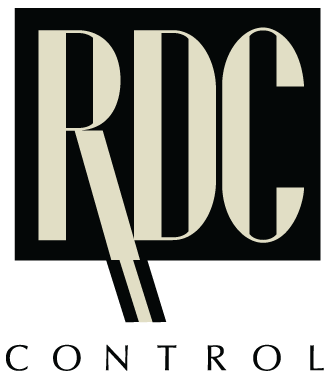
In mild corrosive environments and general purpose applications, 304 SS and 316 SS are usually the best choice when considering cost versus performance. Choose Alloy 600 over 304 SS or 316 SS when temperatures exceed 899°C (1650°F).
| Mineral Insulated (MGO) Thermocouple Sheat Material Characteristics. | ||||||
|---|---|---|---|---|---|---|
| Sheath Material |
Melting Point |
Max. Temp. |
Application Notes | |||
| °C | °F | °C | °F | |||
| 304SS | 1400 | 2550 | 900 | 1650 | General purpose stainless steel. Good corrosion resistance. |
|
| 316SS | 1370 | 2500 | 1125 | 1700 | General purpose stainless steel. Superior corrosion resistance. |
|
| 310SS | 1400 | 2550 | 1150 | 2100 | Same as 316 SS. Higher temperature rating. |
|
| 446SS | 1480 | 2700 | 1100 | 2000 | Used in sulphur atmospheres | |
| Inconel 600 | 1400 | 2550 | 1150 | 2100 | Excellent oxidation and corrosion resistance at high temperature. | |
| Pyrosil D | 1420 | 2585 | 1250 | 2280 | Superior oxidation resistance to 310SS & Alloy 600. Superior high temperature strength to 310SS & INC 600. Compatible thermal co-efficient of expansion to nickel based type K and type N thermoelement wires. |
|

In mild corrosive environments and general purpose applications, 304 SS and 316 SS are usually the best choice when considering cost versus performance. Choose Alloy 600 over 304 SS or 316 SS when temperatures exceed 899°C (1650°F).
| Mineral Insulated (MGO) Thermocouple Sheat Material Characteristics. | ||||||
|---|---|---|---|---|---|---|
| Sheath Material |
Melting Point |
Max. Temp. |
Application Notes | |||
| °C | °F | °C | °F | |||
| 304SS | 1400 | 2550 | 900 | 1650 | General purpose stainless steel. Good corrosion resistance. |
|
| 316SS | 1370 | 2500 | 1125 | 1700 | General purpose stainless steel. Superior corrosion resistance. |
|
| 310SS | 1400 | 2550 | 1150 | 2100 | Same as 316 SS. Higher temperature rating. |
|
| 446SS | 1480 | 2700 | 1100 | 2000 | Used in sulphur atmospheres | |
| Inconel 600 | 1400 | 2550 | 1150 | 2100 | Excellent oxidation and corrosion resistance at high temperature. | |
| Pyrosil D | 1420 | 2585 | 1250 | 2280 | Superior oxidation resistance to 310SS & Alloy 600. Superior high temperature strength to 310SS & INC 600. Compatible thermal co-efficient of expansion to nickel based type K and type N thermoelement wires. |
|








